
Jeppe Songe-Møller
Partner
Oslo
Newsletter
by Jeppe Songe-Møller and Paal-André Storesund
Published:
The increase of threats and security challenges has made it clear that a strong EU defence industry is critical for the EU defence readiness to protect its citizens, territory, critical assets, and infrastructure. A European defence industrial strategy has been proposed to achieve sufficient readiness. The strategy is underpinned by the European defence industrial programme, EDIP, which render it possible for defence suppliers to apply for economic support.
The new strategy points out several mechanisms and solutions to break down current issues and to build new solutions. The strategy to increase EU readiness is: (i) Leveraging readiness though investment; (ii) securing availability; (iii) financing the EU's ambition for defence industrial readiness; (iv) mainstream a defence readiness culture, including across EU policies; and (vi) achieving readiness and resilience through partnerships.
Investing better
The strategy suggests that EU Member States must focus on targeted investments to avoid duplication and to increase efficiency. The strategy suggests a structured approach to programming and procurement to reinforce transparency, coordination, and consistency between Member States, and between Member States and EU institutions. A European Defence Industry Group will be established to ensure an effective government-to-industry co-operation and to establish closer dialogue.
Investing together
The strategy states that Member States must cooperate more throughout the capability life cycle, starting at the research, development, and procurement stages. Collaborative R&D, in addition to procurement of defence equipment, should progressively become the norm in the EU. The war in Ukraine has evidenced the importance of interoperable and interchangeable weapon systems, and the struggle due to national requirements, the uptake of standards, and certification.
The Commission will, within its defence industrial programmes and in the European Defence Fund, promote the use of agreed civil or defence standards. Moreover, the Commission will support swift cross-certification activities, including associated testing when necessary.
To encourage cooperation throughout the whole life cycle of defence capabilities, the Commission will make available a new legal framework named "Structure for European Armament Programme", SEAP, as a vehicle to underpin and strengthen defence cooperation. The legal framework shall among other factors support increased funding rate, simplified and harmonized procurement procedures, and VAT exemptions.
Investing European
An increased level of dependency of third country armament manufacturers undermines the competitiveness of the European defence technological and industrial base and results in EU taxpayers' money creating jobs abroad. This trend should be reversed. The Commission aims to create European Military Sales Mechanism, facilitating the availability of defence products from the European defence technological and industrial base and increasing awareness of such availability.
Rapid response
To support a more rapid response and versatile adaption to urgent needs, the Commission is proposing the creation of a fund to accelerate the defence supply chain, which will aim at facilitating access to debt and/or equity financing for SMEs and small mid-caps industrializing defence technologies and/or manufacturing defence products.
Pursuing the technological forefront on defence
The strategy mentions that a sustained R&D effort is necessary to maintain competitiveness in the longer term. The objectives will be to foster defence innovation and the emergence of new players in the defence supply chains, in addition to taking full advantage of innovation cycles for technologies with dual-use potential. Development of disruptive technologies may provide an operational advantage. Thus, the strategy stipulates that EU shall offer innovative undertakings, especially start-ups, SMEs, and small mid-caps more flexible, faster and leaner funding cycles and facilitate better connections with military end-users and investors.
Supply on EU level
The strategy suggests a modular and gradual EU security supply regime to enhance effectiveness in response to tensions along the supply chains and allow for timely identification of potential bottlenecks. Identification and monitoring of critical products for certain defence supply chains shall underpin effective, efficient and proportionate use of the crisis framework. The Commission will also consider funding strategic stockpiling by industry of basic components such as electronic components and raw materials that are transversally used in defence systems.
Financing
The strategy suggests that barriers in accessing finance, in particular private finance, must be broken down. The Commission, European Defence Agency, and Member States will reach out to banks and investors for a high-level dialogue to discuss participation, identify difficulties and ways to stimulate private sector engagement to support defence investments. EU financial instruments are, in principle, already available. Lending policies, in particular that of the European Investment Bank, should be modified to ensure better access. Public financial actors are invited to take all necessary steps to review its lending policies and to adapt it in line with current policy priorities and objective needs.
Schjødt's multi-disciplinary and cross-border Defence, Security & Aerospace team monitors EU-level and local developments closely. Our practice brings together the in-depth knowledge, skills and experience required to meet the specific needs of the Defence, Security & Aerospace industry, including procurement processes, defence contracting, foreign investment restrictions, export controls and investigations, as well as more general needs relating to financing, joint ventures, and M&A. We advise clients on a full range of Defence, Security & Aerospace issues across Norway, Sweden, and Denmark, with specialist cross border experience through our office in London.

Partner
Oslo

Senior Associate
Oslo
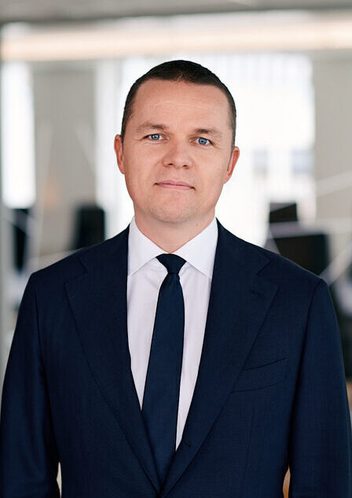
Managing Partner
Oslo
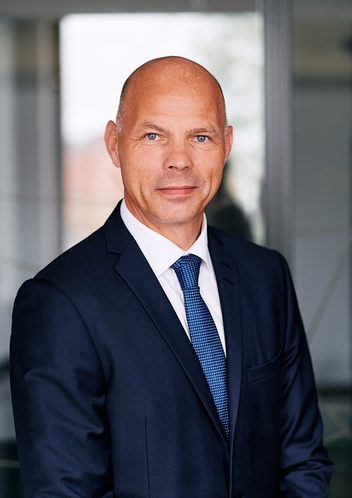
Partner
Stavanger
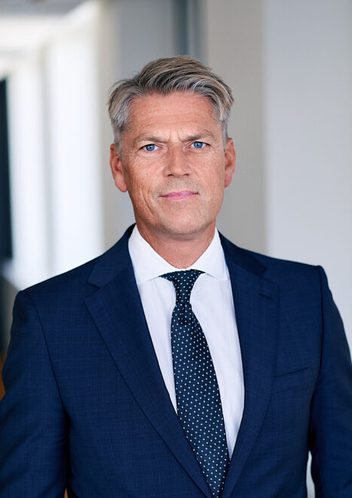
Partner
Oslo

Partner
Stavanger
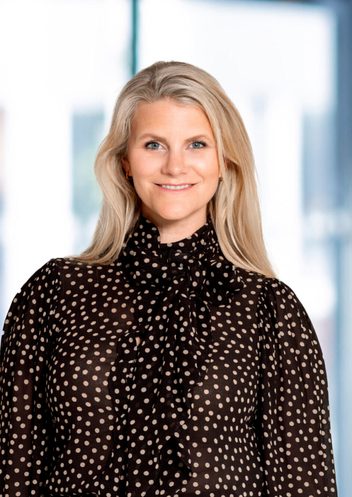
Partner
Oslo
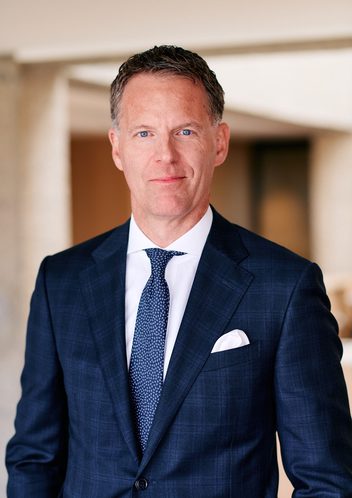
Partner
Stockholm
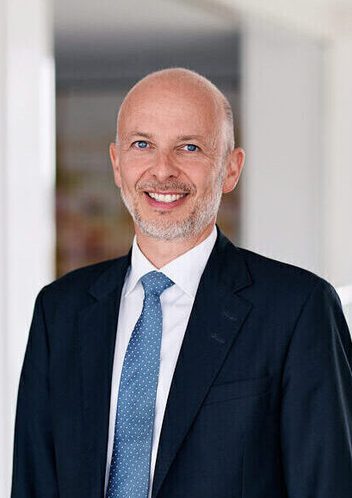
Partner
Oslo

Partner
Oslo

Partner
Oslo
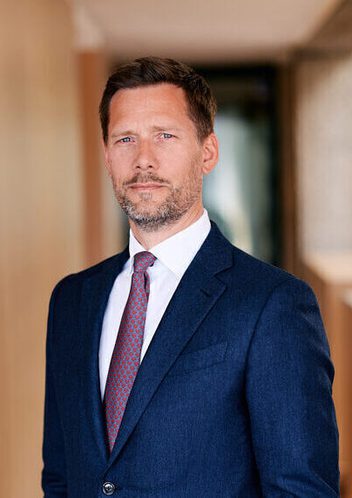
Partner
Stockholm

Partner
Oslo

Partner
Stavanger

Partner
Copenhagen
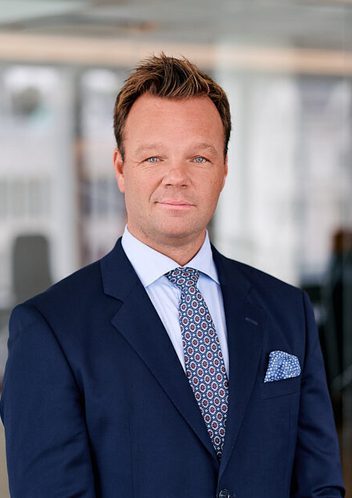
Partner
Oslo
